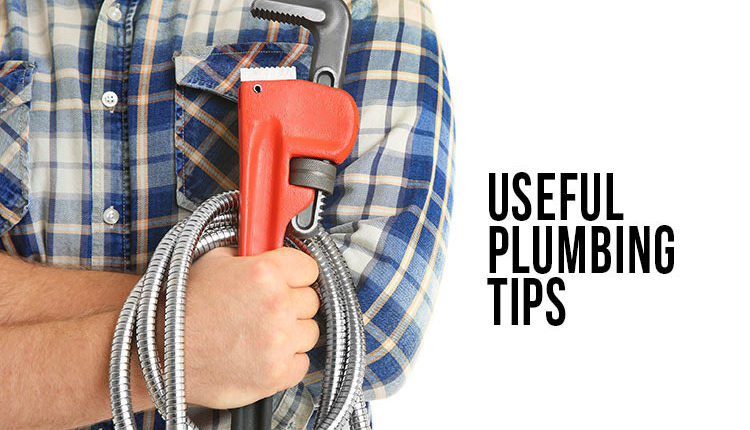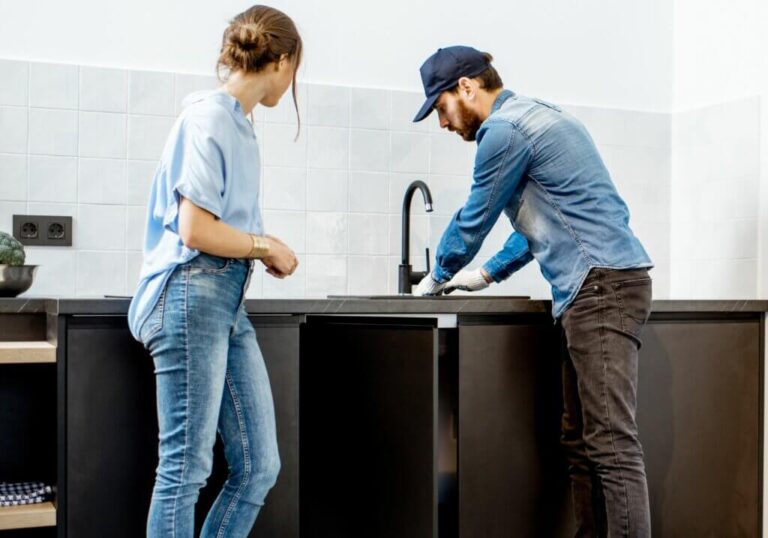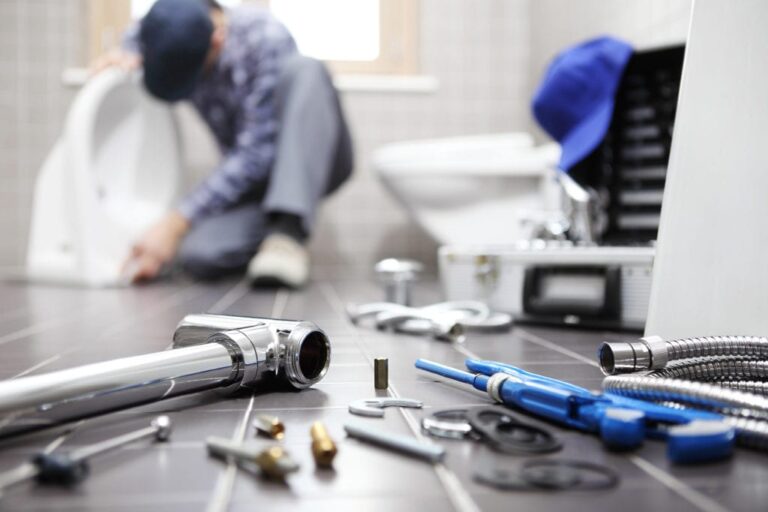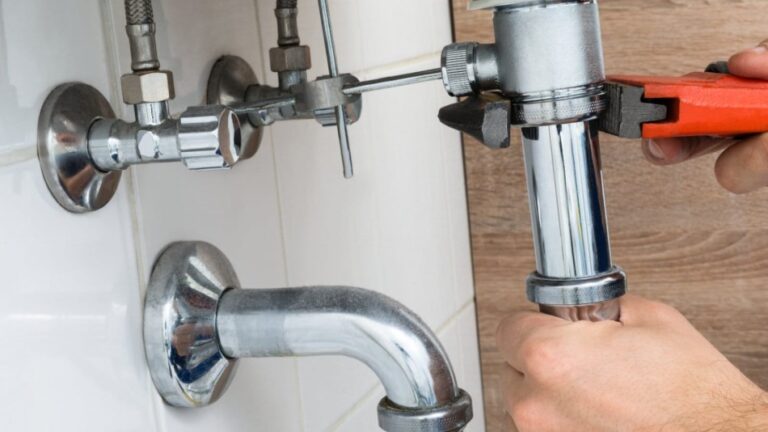Plumbing problems have a sneaky way of showing up at the worst possible time. One minute everything is fine, and the next, you’ve got a clogged drain, a leaking pipe, or even a flooded bathroom. The good news? Most of these problems can be avoided with some simple, regular maintenance.
Think of preventive plumbing maintenance as a health check-up for your home. Just like you go to the doctor for routine exams, your plumbing system needs some attention now and then to make sure everything’s running smoothly. And trust us—doing a little now can save you a whole lot of money and stress later.
Why Preventive Plumbing Maintenance Matters
You might be wondering, “Do I really need to worry about my plumbing if nothing seems wrong?” The answer is yes, and here’s why:
- Prevents unexpected emergencies: A small drip today could turn into a burst pipe tomorrow.
- Saves money: Fixing problems early is usually much cheaper than dealing with major repairs.
- Protects your home: Water damage from leaks can ruin floors, walls, and furniture.
- Improves water efficiency: Leaks and inefficiencies can raise your water bill over time.
- Extends the lifespan of fixtures and appliances: Just like any other system, proper care helps your plumbing last longer.
Easy Maintenance Tips to Keep Plumbing Problems Away
You don’t need to be a plumbing expert to take care of your home. These simple steps will help you avoid trouble and keep your plumbing system healthy.
-
Watch for Leaks—Big or Small
Leaks are one of the most common plumbing issues. They often start small, but over time they can waste water, damage your home, and lead to mold growth. Regularly check under sinks, behind toilets, and around appliances like dishwashers and washing machines. If you see damp spots, water stains, or notice a musty smell, don’t ignore it—investigate right away.
-
Be Kind to Your Drains
Your drains work hard every day, but they’re not designed to handle everything. Here’s how to treat them well:
-
- Don’t pour grease, oil, or coffee grounds down the kitchen sink.
- Use drain catchers in showers and tubs to trap hair and soap scum.
- Run hot water down the kitchen sink weekly to help clear any buildup.
- Avoid chemical drain cleaners, which can damage pipes. Try natural alternatives like baking soda and vinegar if you need a quick fix.
-
Know Your Water Pressure
Too much water pressure might feel great in the shower, but it can strain your pipes and appliances. High pressure can cause leaks or shorten the life of your washing machine, dishwasher, or water heater. You can buy a water pressure gauge at most hardware stores. Ideally, your pressure should be between 40-60 psi. If it’s too high, consider having a plumber install a pressure regulator.
-
Flush Your Water Heater
Your water heater needs some love too! Over time, sediment builds up inside, especially if you live in an area with hard water. This can reduce efficiency and cause your heater to work harder than it should.
Once a year, flush the tank to clear out any sediment. It’s a simple process that can improve performance and extend the life of your heater. If you’re not sure how to do it, a plumber can help.
-
Know Where the Main Shut-Off Valve Is
In case of a plumbing emergency, shutting off the water quickly can make a big difference. Make sure you and everyone in your household knows where the main water shut-off valve is located. Typically, it’s near the water meter or where the water line enters your home. Knowing how to use it could save your home from serious water damage.
-
Check Outdoor Plumbing Too
Don’t forget about the plumbing outside your house. In the fall, disconnect and drain hoses before freezing weather hits. Cover outdoor faucets to prevent freezing. Also, check your yard for soggy spots or unusually green patches—these could be signs of an underground leak.
-
Schedule a Professional Plumbing Inspection
Even if you’re doing everything right, it’s smart to have a plumber do a yearly check-up. A professional can spot issues that aren’t visible and make sure everything is working safely and efficiently. Think of it as an investment in your home’s long-term health.




